Why are other family members not stepping up to help, especially the son? Hard to believe his employer won't give him a leave of absence for his father's funeral. MIL needs to get herself into grief counseling.
I Refuse to Answer My MIL’s Calls After My FIL Passed, Even Though She Was Always There for Us
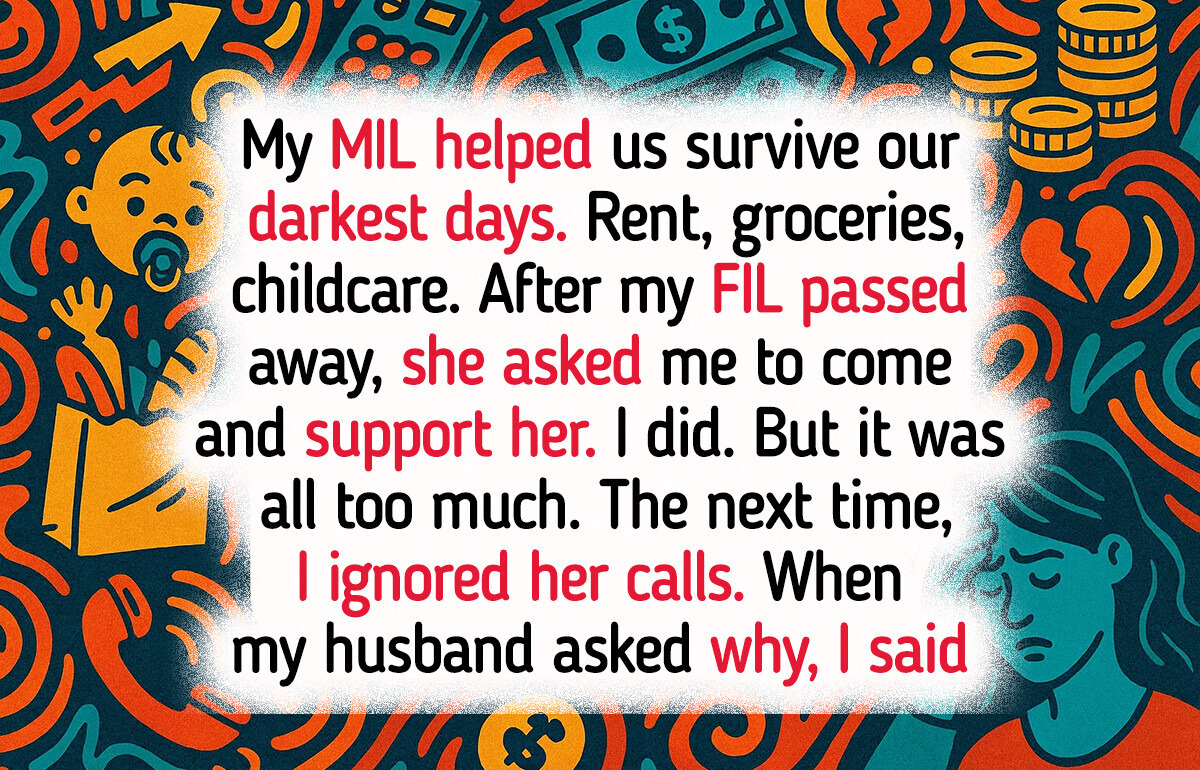
Sometimes, the people we expect to be the strongest — the caregivers, the ones who “have it all together” — are the ones who silently carry the heaviest weight. In this raw and deeply honest letter, one of our readers opens up about the emotional toll of supporting a grieving loved one while quietly unraveling herself. It’s a story about family, boundaries, guilt, and the invisible burden so many silently bear. If you’ve ever felt torn between helping someone and saving yourself, this letter might speak directly to your heart.
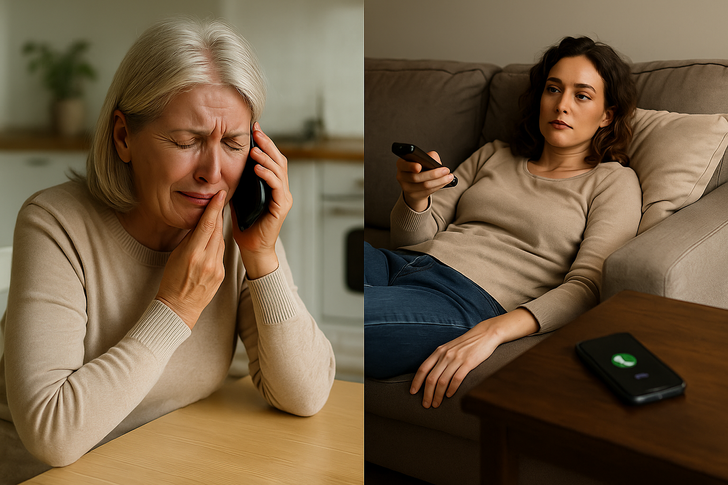
"Hi Bright Side,
I never thought I’d write something like this, but honestly, I don’t know where else to turn. I’m exhausted — physically, emotionally, and mentally. I feel like no one really sees me anymore.
My mother-in-law, Carol, has always been there for us. When my husband, Jake, lost his job, she helped immediately. She covered part of our rent, brought us groceries, and helped us pay for car insurance. When our daughter, Emma, was born, Carol came over constantly to hold her so that I could shower or nap. She never asked for anything in return. She just said, ’You’re my family. Of course I’m here.’
I never forgot her kindness.
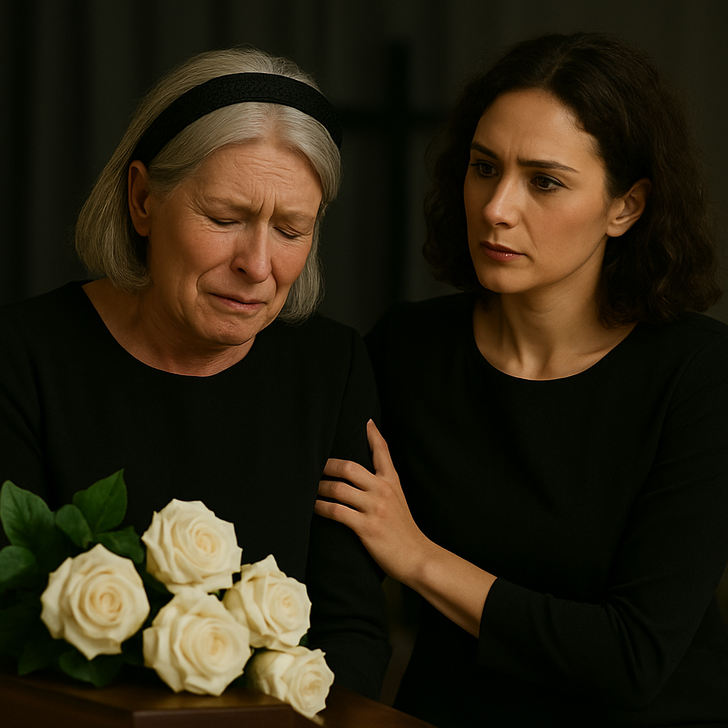
Three months ago, Robert, Jake’s father, died of a heart attack. It was sudden and unexpected. Carol was devastated. She called us that same morning, crying so hard that I could barely understand her. Since Jake couldn’t take off work, I packed up Emma and drove the two hours to Carol’s house in Connecticut.
Carol looked hollow. I stayed for three nights. I cooked meals. I cleaned up after a steady stream of visitors. I listened while she cried. I held her hand. I did all of this while trying to keep a teething toddler calm, fed, and on some kind of sleep schedule, which, honestly, just didn’t happen.
The second time I went, the same thing happened. Carol slept until noon, woke up crying, and I made coffee, did dishes, and tried to smile for the constant stream of visitors. I hadn’t had a full night’s sleep in weeks.
By the third visit, I was unraveling. One night, after putting Emma down on a thin mattress on the floor of the guest room, I sat in the bathroom and cried into a towel. I cried not for Carol, but for myself. I cried for how invisible I felt. For how no one ever asked if I was okay. Not Carol. Not Jake.
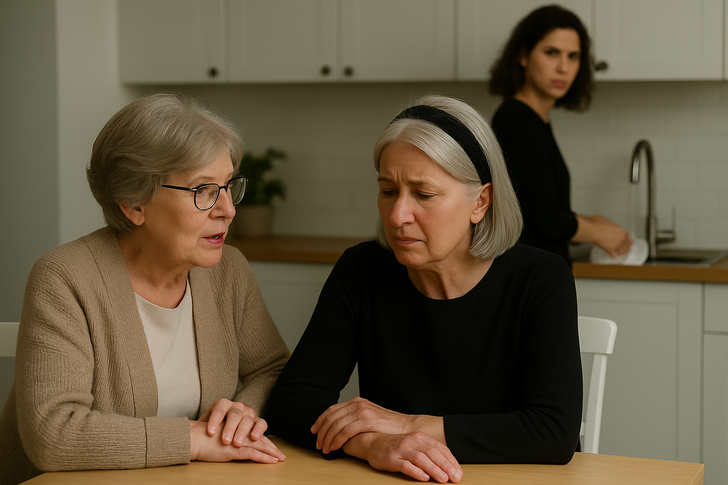
The next morning, Carol asked me to stay an extra day. I told her that I really needed to go home to do laundry and buy groceries and just have some space. She looked disappointed. She didn’t say anything, but I could tell.
When I got back home, Jake didn’t say thank you. He didn’t ask how I was. He just asked why I didn’t stay longer. He said, ’Mom really needs us right now.’
But what about me?
That destroyed me, it really made me angry, so I decided to act accordingly.
Carol called again a few days later. I let it ring. Then she texted me. I told her I wasn’t feeling well, and I wasn’t lying. I was drained. Burned out. I couldn’t even pretend to be okay.
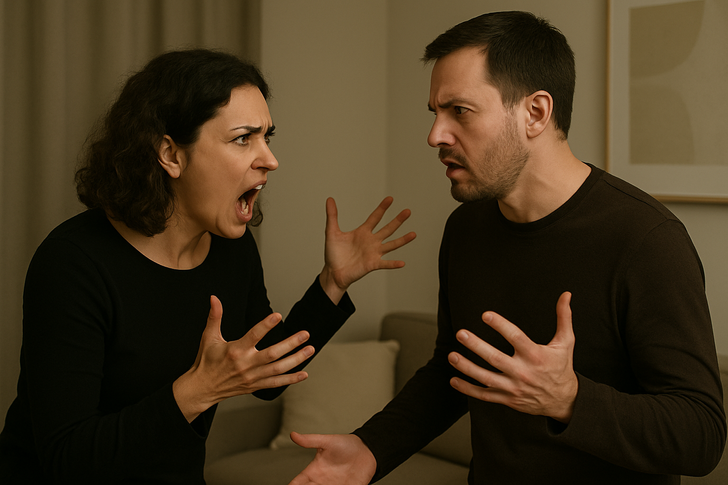
When my husband asked me why, I said I’ve done enough, I’m tired. He says I’m being cold. He says I owe Carol for everything she’s done for us. He says that since I’m ’just at home with the baby all day,’ I should be able to help.
But he didn’t see me. He didn’t see me drag myself out of bed at 3 a.m. to rock Emma back to sleep, only to start scrubbing someone else’s sink hours later. He didn’t see me smiling for guests while falling apart inside. He didn’t hear me sobbing into a bathroom towel.
I gave everything I had. When I needed someone to notice that I was drowning, no one did.
And now, I’m the bad guy. But I was falling apart too.
Was I really wrong for stepping back?
Thanks for reading. I just needed to let it out.
—Melissa."
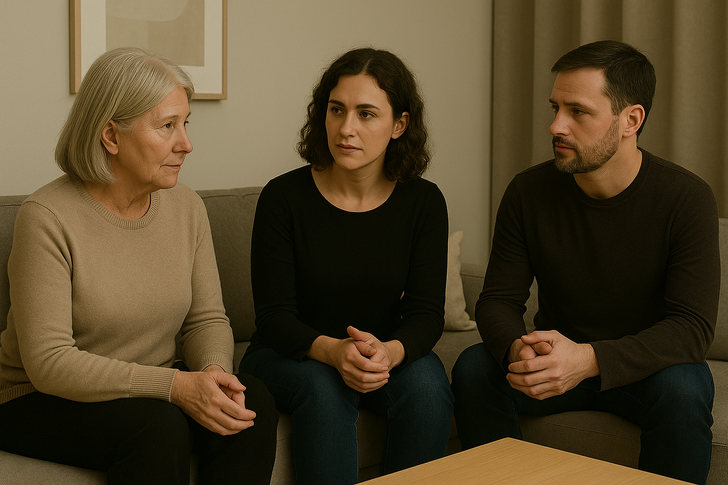
I am sorry you're going thru all this. I need to know why u have not said anything about ur husband going to care for his own mother? He keeps saying "we" owe her something. Well forget about making things "even" favor wise. This is his mother and it was his father who passed away. Where if the love for his own parents? Why can't all 3 of u go to ur MIL house and help one another together? "The family united with bonds of love" No one should think of evening the score
Thank you, Melissa, for sharing your story with us and our community. We know how incredibly difficult it can be to speak up when you feel overwhelmed, invisible, and emotionally drained. Your courage in putting these feelings into words is powerful and so important.
Please know that your experience matters, and what you’re feeling is not only valid — it’s deeply human. That is why we want to offer a few gentle thoughts, in case they bring even a little bit of comfort or clarity during this time:
Here are a few things we hope you remember:
- You’ve already given so much. Just because others don’t see the effort, doesn’t mean it isn’t real. You’ve shown up with love, care, and strength — even when it hurt. That counts.
- It’s okay to step back. You’re not a bad person for needing space. You’re a person with limits — like everyone else. Protecting your energy doesn’t mean you’re abandoning anyone.
- You deserve support, too. You are not just a mom. Just a wife. Just anything. You are a whole person. Your needs are important, even if others don’t say it out loud.
- Boundaries are an act of self-respect. Saying “I can’t today” is not cruel. It’s honest. It’s how we care for ourselves so we don’t burn out completely.
- Grief can make people forget how others are feeling. Carol is likely drowning in her own pain. Her requests may come from fear and loneliness, not from expecting perfection. That doesn’t mean your feelings don’t count — but it might help explain hers.
- Jake may not fully understand what you’re carrying. If he hasn’t seen it, he might not realize how much you’re doing. That doesn’t excuse the pressure, but maybe it opens a door to a deeper, more honest conversation between you two.
- Everyone’s trying in their own way — but that doesn’t mean their way is fair. Sometimes, people fall into roles without realizing it. You’ve become the “strong one,” and people forget to check if the strong one is okay. That’s not your fault, and it can be changed.
This story is a powerful reminder that being there for someone else shouldn’t mean disappearing yourself. What would you do if you were in her shoes? Would you keep showing up, even if it meant breaking down in silence? Is it selfish to say no when you’ve already given everything you had? Where do we draw the line between being supportive and being consumed? If this story resonated with you and you want to read more true confessions about sacrifice, guilt, and the silent weight people carry, check out this one too.
Comments
Two times you visited? I agree with Angela. Give your mil and husband some time to adjust ,just like you. Remember he was in their lives for longer. Talk to your husband or perhaps hire a sitter when you go to your mil's.
If MIL is so grief stricken she can't get out of bed, no amount of people doing chores is going to help her. She needs professional help fast before she gets worse.
NTA I can't imagine how draining that was for you. Living, caring for a toddler, and entertaining on a daily basis in someone else's home. Not to mention caring for mil and raising a child in the middle of that much grief. And they won't even acknowledge your side, but I wouldn't recommend cutting communication. Try bringing in other family to help. Having husband take up the weekends or hire a nanny to care for the child at home while you're with MIL.
It lights me on fire when a parent says, "you're just at home with a baby all day." That's when you book a hotel on his next day off and let him be "home all day with the baby" for a weekend.
Each human is different so her limits are her limits. People criticizing her for not doing enough are those who think all humans are identical and should behave exactly the same.
She helped you and you went over three times and now your done. Wow some Dil you are. You mil needs support and help get in contact with a grief therapist and encourage her to leave the house. She helped you without asking for anything the least you can do is help her out for a little while
Related Reads
I Refuse to Keep Quiet While My DIL Disrespects Me in My Son’s House
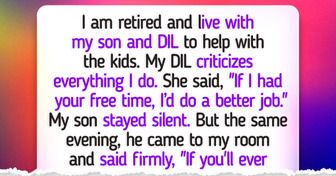
12 Stories of Strangers Whose Actions Left a Lasting Mark
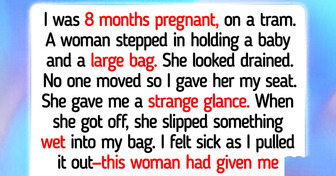
13 People Who Got Caught in Life’s Ironic Twists
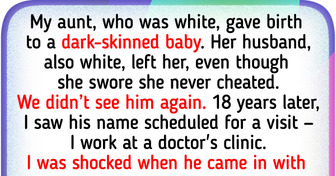
10 Stories That Can Keep You on the Edge From Start to Finish
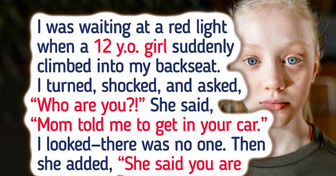
12 People Whose Jobs Ended in the Biggest Disasters
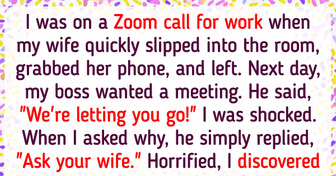
Stepmom Tells 10-Year-Old to Get Out of Family Picture, Dad Reacts in a Powerful Way
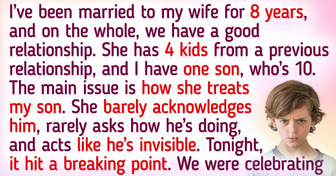
15 Stories From People That Can’t Get Over the Rudeness They Witnessed
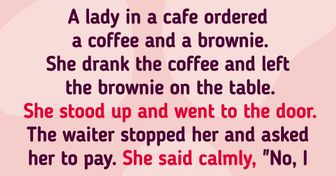
10+ True Stories With More Crazy Twists Than a Hollywood Thriller
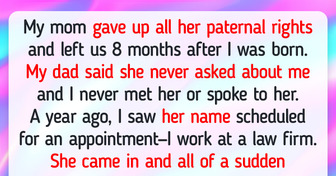
"Post-Divorce Facelift!" Jennifer Lopez Leaves People Speechless in Latest Appearance

15 Success Moments From Strangers That Deserve All the Golden Buzzers in the World
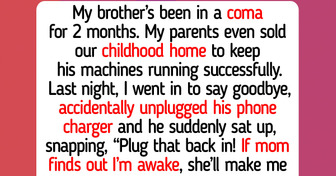
15 Moments That Show Kindness Is Quiet but Changes Everything

12 Life Moments Where Quiet Kindness Played the Main Role
